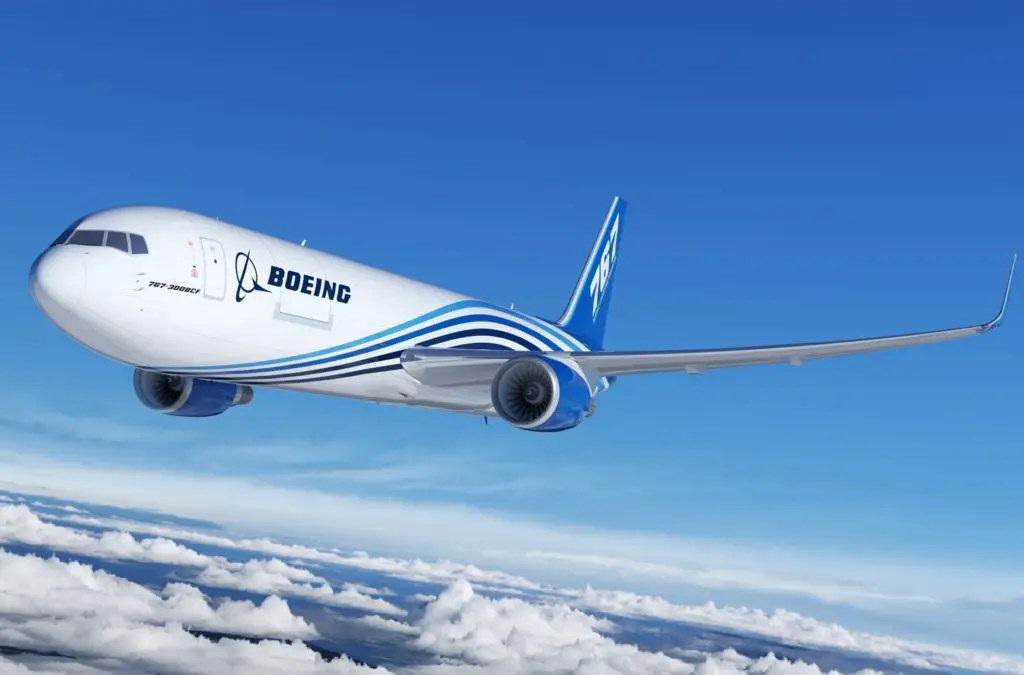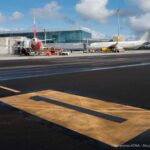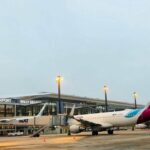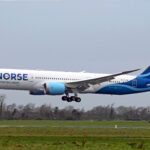Ethiopian Airlines will add three Boeing 767-300 Converted Freighter (BCF) aircraft to its air cargo division on a long-term dry lease basis, according to Titan Aircraft Investments, the company that owns the airplanes.
If deliveries go ahead as planned, the Ethiopian carrier would take delivery of the first of the aircraft by the end of this month. The second one would join the fleet towards the end of this year, while the third would be added in 2023.
«This dry lease agreement will be fundamental to our fast growing cargo operation as Ethiopian is a key global player in the air cargo business», said Mesfin Tasew, CEO of Ethiopian Airlines.
«We are delighted to welcome Ethiopian Airlines as a strategic customer and support its growing freighter fleet», said for his part Michael Steen, President and CEO of Titan Aviation Holdings.
The Boeing 767-300BCF is the cargo version of the American manufacturer’s twin-aisle model. Aircraft undergo a conversion from their original configuration as a passenger transport aircraft in order to be able to carry cargo and supplies, both in the main cabin and on the lower decks.
The conversion of aircraft to be able to provide cargo transport services in a reduced timeframe is an increasingly recurrent practice in the aviation industry. The recent boom in activity has led many operators to look for converted aircraft. Good projections for the global air cargo market suggest that this trend is likely to continue.
Ethiopian Cargo currently operates nine Boeing 777F and four 737-800SF. The 767-300BCF will become the third model in the fleet. The three aircraft were owned by the airline, which sold them to Titan Aircraft Investments and will now lease them to their new owner.
Focus on air cargo
In May this year, the airline placed an order with Boeing for five 777-8 Freighter, the most modern aircraft developed for the cargo market. Deliveries are scheduled to take place gradually between September 2023 and 2025.
The expansion of the freighter fleet is part of the company’s growth strategy as it works to develop its operations with the aim of expanding its multimodal logistics services offering worldwide over the next fifteen years.
To this end, it has already begun construction of what it calls Africa’s largest e-commerce air terminal at Addis Ababa-Bole International Airport, its main base of operations. It is also expanding its refrigerated handling capacity for pharmaceuticals.
The cargo business was already key for Ethiopian during the pandemic. In 2021, it generated almost half of its revenue from the transport of goods and supplies, according to Abel Alemu, CEO of Ethiopian Cargo.
The company says it expects to have a fleet of 24 freighters by 2035, serve 70 destinations and carry up to one million tonnes of cargo per year.














